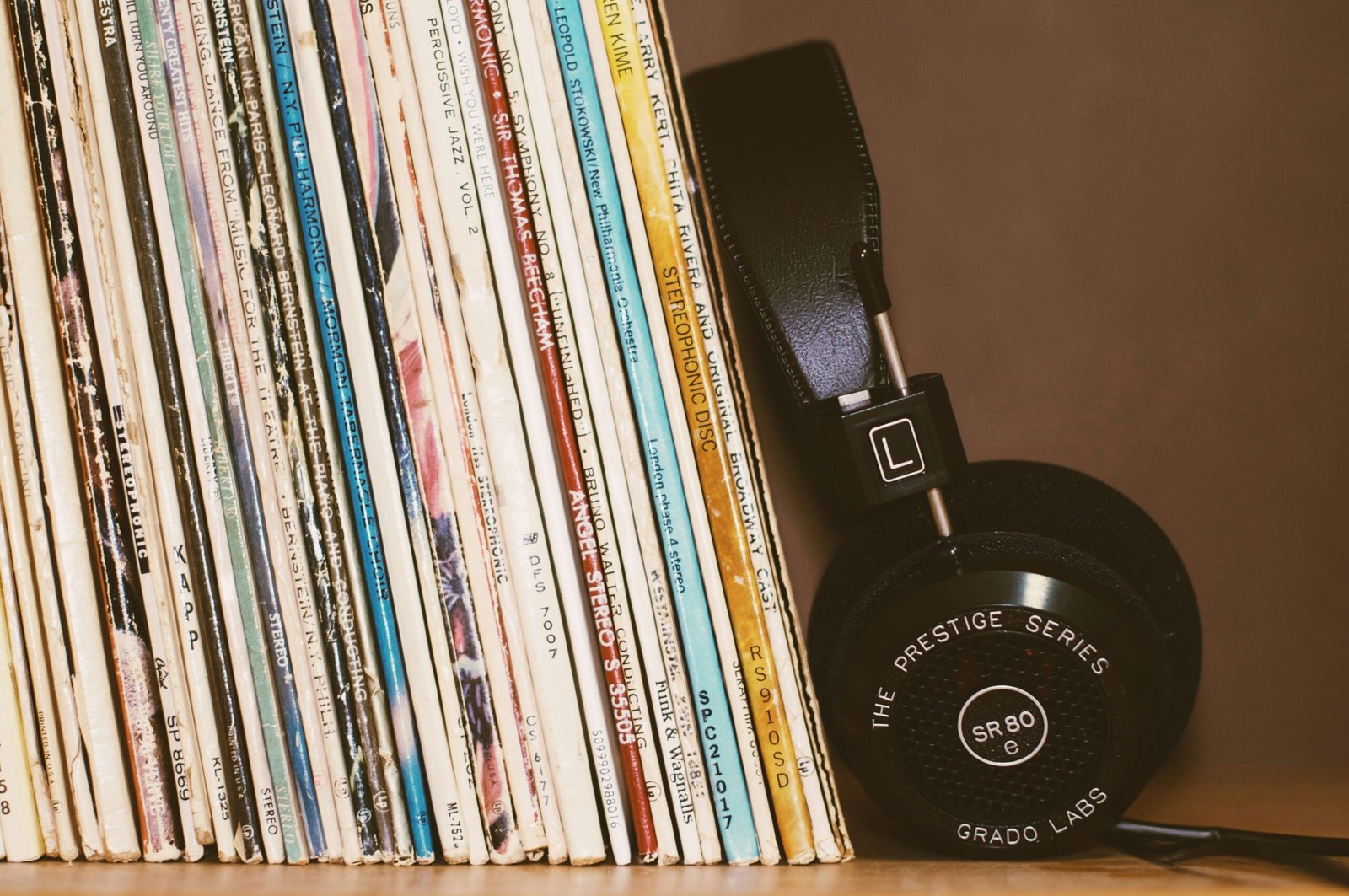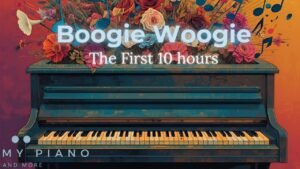Introduction
Learning a piano song is a journey full of ups and downs, especially for beginners. Recently, I decided to take on a song that’s a bit beyond my current skill level: “Angels” by Robbie Williams. Here, I share five reasons why tackling this challenging piece matters to me—the hurdles, joys, and personal meaning behind this choice.
The Challenges This Song Offers
Learning a piano song beyond my level pushes my skills in new ways—tricky rhythms, challenging passages, complex fingerings, and demanding dynamics. Although the song is in 4/4 time (which is by far my preferred time signature), there are some (for me) complex nuances in how the right hand jumps in and out of time with the left and vice versa. It is really pushing me to work on my hand coordination.
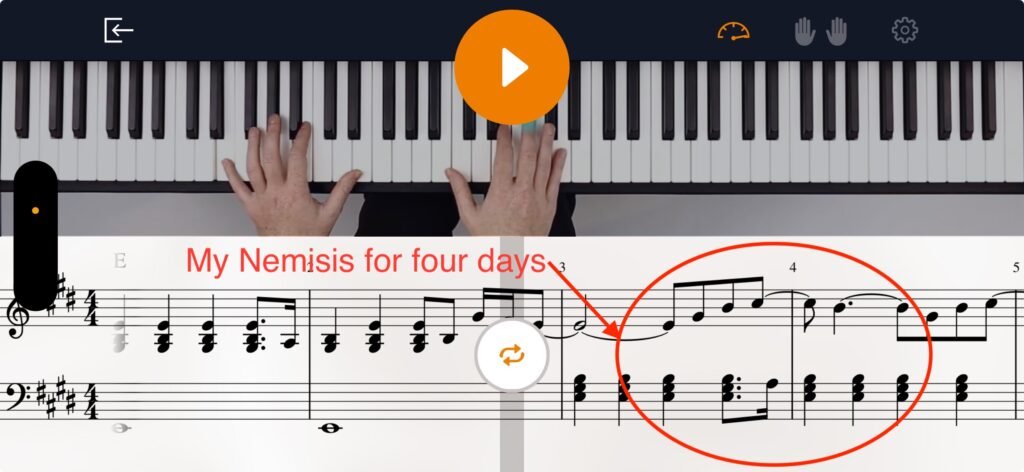
Each practice session is a workout for both mind and fingers. I have found that just with the first bars, I am using hand positions and transitions that go well beyond what I have learned so far.
These challenges force me to improve technically, teach patience, and enhance musical expression. I have found that these technical challenges are not frustrating me as much as I thought they would, and I am feeling that the time I am spending, repeating, breaking down and slowing down are helping me grow as a beginner.
Every small victory feels like a major achievement.
The Satisfaction of Getting It Right
When you are learning a piano song that’s beyond your level, there is somehow a deeper satisfaction when a difficult section finally clicks, when it sounds instantly recognizable. Not as a simple child’s tune like “London Bridge is Falling Down” or any of the true beginner pieces, but as something that resonates with people. Something that makes your family and those around you look twice—in surprise when they hear you playing it.
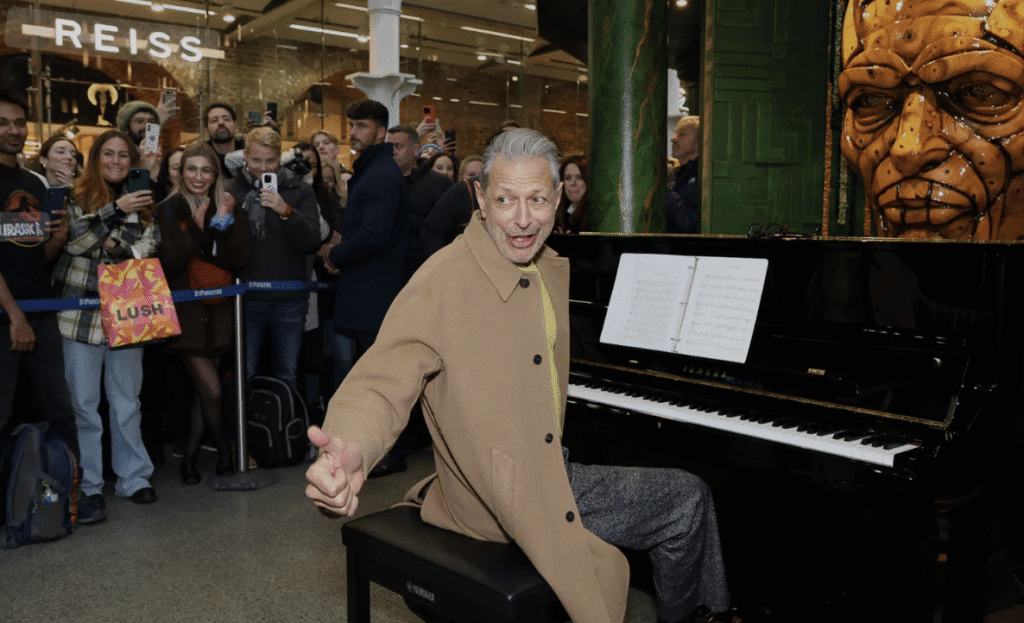
Success boosts confidence for future challenges and inspires ongoing effort. Like with anything, the process of learning is not just repeating and practicing the things you can do, it requires trying the things you cannot do yet. And by achieving them you extend your learning and move closer to your goals.
Practicing turns into a rewarding and joyful experience. We have all been there, right? Going through our allotted learning material and feeling uninspired. Well, I was there and I tried to find a piece that I think I can manage in terms of speed, rhythm and melody, but still has a certain “feeling” to it that inspires me. For me, I think it is this piece.
Each successful attempt brings me closer to the emotional connection I seek through music.
Why This Song Is Special to Me
This isn’t just another song—it’s a personal journey filled with memories and emotions. I saw Robbie Williams sing it live last week when I went to his concert in Mežaparks, Riga, with my wife. I was struck by the fact that it seemed all the 50,000 people there in the audience all knew and loved the song. They seemed transported into their own minds.
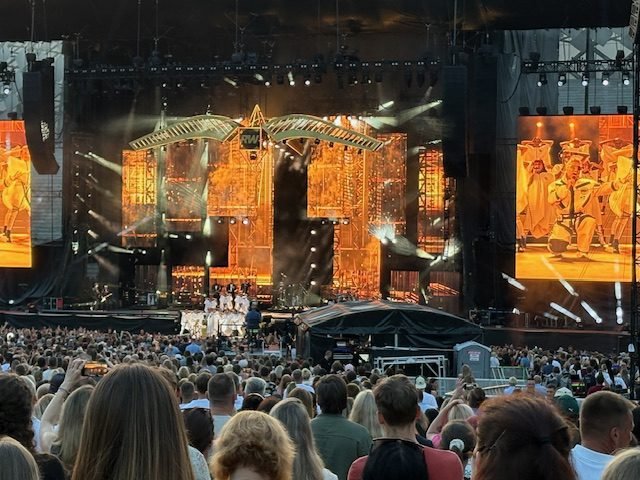
It was written by a guy who (although being a major global star) came from the same moment in time as me, grew up in the same culture, probably watched the same TV shows and had very many similar experiences until he shot to fame. I can see how the song is not talking necessarily about one person but about all of the special women in his life. So when I finally learn it, I will dedicate it to my special Angels: my wife, my daughter, my sister and my late mother. In short, it resonates with feelings I want to express.
How I Approach Learning It
Like I mentioned, the song is quite challenging for my level so I use the methods I speak about in another blog post about methods of how to learn a piano song. I break the song into manageable sections and practice slowly for accuracy. This can be just the first two bars to begin with. I look at the time signature and I practice with the right hand until I can play it seven times without error. I then do the same, separately with the left hand.
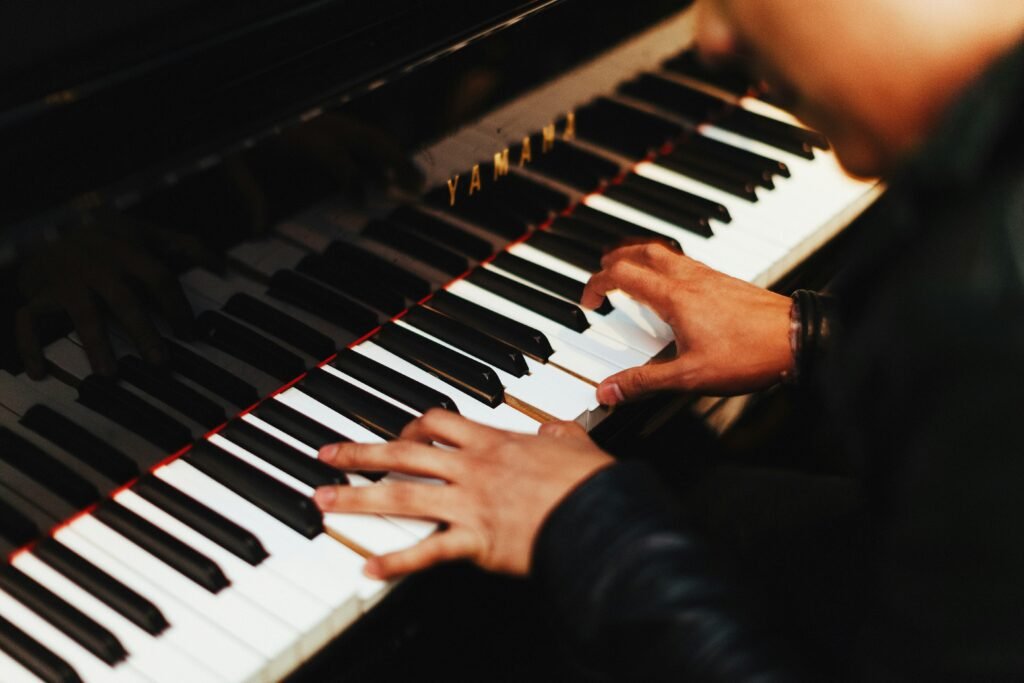
I am lucky enough to have a piano (a Yamaha YDP 144) that can record me playing. So I find it useful to record the left hand and then try to play the right in time and vice versa before moving to both hands together. I use either the built-in metronome or my Sound Brenner watch to keep time. And I learn the first few bars so that I can almost play them by heart before moving on. It’s a long and time-consuming route, but it is working.
Taking breaks keeps frustration at bay and maintains motivation. Normally I practice in sessions of about 45 minutes, but I often find that they extend to an hour. At the end of a session, I like to relax by playing something else I know and then go and do something else for a couple of hours, just to let my mind absorb the last session. But all the time, it keeps repeating in my head.
This structured approach makes the challenge achievable and keeps me motivated.
Encouragement for Fellow Learners
If you’re considering tackling something beyond your reach, take the leap! Pick something that you love. It does not matter how long it takes or how others perceive it. Do it for yourself, enjoy the process.
It’s okay to struggle and make mistakes—they’re part of the process of stepping out of your comfort zone. If you think of a sports star or a great actor, they never got it right first time. Practice builds confidence and consistency. Keep going.
If you find the piece is just too much for now. You will know it, you will know when you need to step back a little. Don’t give up on it. Put it on your mental shelf and come back to it when you feel ready to give it another try.
Keep playing, keep learning, and celebrate every step forward.
Conclusion
Learning a piano song just beyond my current level has been a rewarding experience, filled with challenges and triumphs. I’m not there yet, not ready to perform it publicly, but this journey is teaching me resilience, patience, and deep satisfaction from the progress I am making. This is why I play.
I hope you enjoyed the read. It would be great to hear what pieces you push yourself to learn and why.
Leave a comment or Get in touch.

